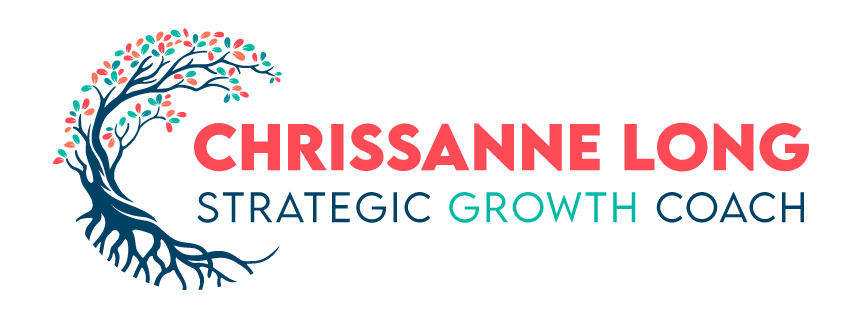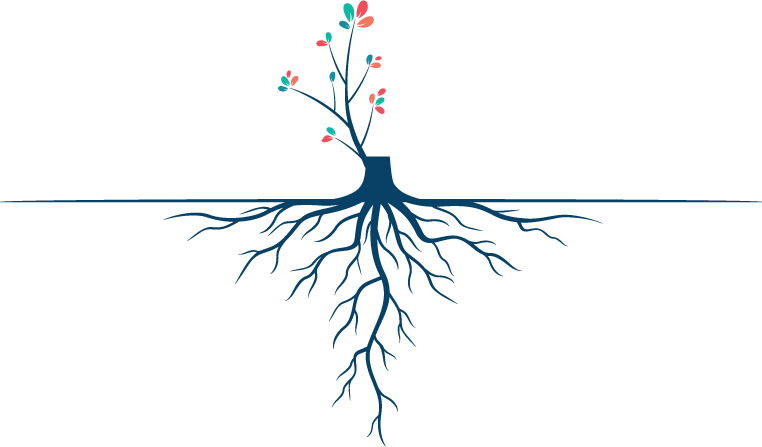Self-Help Books or Self-Hurt Books?
That Self-Help Book is Hurting You!
You read that right. Books that seem like they should be helping, might actually be hurting us, especially when our purpose for reading is only to validate our feelings – and those feelings are not productive, or positive.
I was married in 2001 and looked forward to children following soon afterwards. I am not going to spend a whole lot of time recalling the pain and, well, agony I experienced during my five years of marriage failing at conceiving. I am just going to say I was a miserable person. I was not a lot of fun to be around, and certainly no fun to be married to. I read books that were supposed to make me feel better, because I could find solace in knowing that others shared my pain. It was a testament to misery loves company.
I was a failure.
Those kinds of books sell like hot cakes. People who are in pain, hurting and seeking answers from an outside source will pay lots of money and buy lots of books to somehow feel like they are easing their pain. The fact is, nothing was going to ease my pain, because I was focusing on my pain, and I was relying on something outside of me to make it better. I was a failure.
But I didn’t have to be. It wasn’t just the books I was reading, it was the actions I was taking, the thoughts I was thinking. Instead of finding something productive to do, I chose to wallow in my misery and think about how unfair it was that my friends had what I wanted and I didn’t. I wondered if this was punishment for all of my mistakes as a teenager. I started to think I didn’t deserve to have a child. You get the picture. Because I was spending all this time thinking about what was wrong, I couldn’t see what was right. The books I was reading were fueling this fire and making it worse, not better. I am sure the authors of these books had every intention of helping their readers, but the reality was, they kept me focused on what was missing and they didn’t challenge me to do anything!
Personal Development vs Self-Help
I don’t read Self-Help books anymore. I don’t spend much time with people who are in that place I was in 8 years ago either – because I know they are stuck and nothing I (or anyone) can say will help them out of their rut. It’s up to them and only them to decide they are going to change their focus and begin to look for things that will challenge them to be better. It’s their job to identify within themselves their strengths and overcome their fear of failure. Those so-called “self-help” books might be helping people stay stuck.
Reflect and celebrate growth and positive change.
This shift is something I have been thinking about a lot lately – I have made a lot of progress in my life. I recently realized that my stack of books is different. The books I read today connect me to a different mindset. A mindset that has released me from my painful past, and allowed me to embrace today, and look for opportunities to improve myself. The books aren’t the answer, but they have helped me discover my own answers and I encourage you to look at your stack of books and decide if they are helping you or hurting you. If they aren’t asking you to be better. If they just tell you it’s ok to be stuck, that others feel your pain, stop reading them! Start reading books that will lead you to find the awesome person that is inside you. You might not believe me, but she’s in there – waiting for you to let her out and blossom.
Below are some of the books that I believe have helped me find the path to AWESOME – it’s a path I am enjoying more than any other path I have experienced so far in my life. But I want whoever is reading this to know – no one can find the path for you, it’s easy to stray from the path, and it’s easy to listen to the voices and the conventional thinkers who believe you have to wait until you are chosen to qualify for AWESOME. They are creating their own reality. I am creating AWESOME and you can too!
Start Where You Are by Chris Gardner
Think and Grow Rich by Napoleon Hill
The Icarus Deception by Seth Godin
Start. Punch Fear in the Face, Escape Average. Do Work that Matters but Jon Acuff
Which books have you read that have supported your journey to claiming your AWESOME, ignited your passion, or inspired you to break away from ordinary? I’d love to add more empowering titles to my list!





